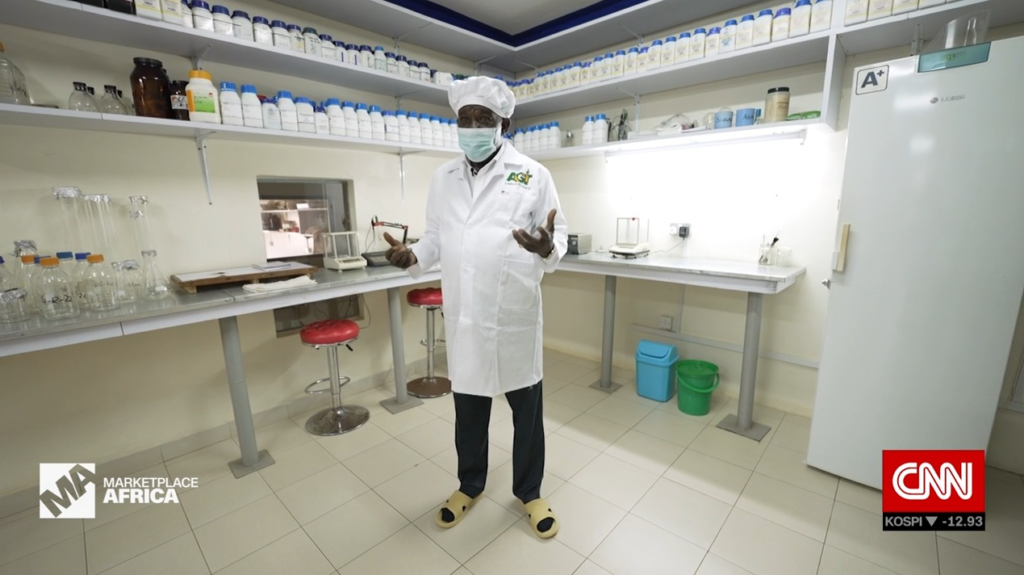Marketplace Africa explores Uganda’s plan to bring biotech to farms and fields

In the latest edition of Marketplace Africa, CNN’s Zain Asher learns how Uganda is growing its economy through biotechnology in the agricultural sector.
“We are prone to natural disasters. We all rely on Mother Nature and if the rains fail, then almost everything fails. And today as we talk, you find out there are other pests and diseases coming up and they’ve been quite detrimental to the environment. You have heard about one, the coffee wilt disease. With that, most production areas, most farms were decimated to 50 per cent back in the 90s,” according to Dr. Ambrose Agona, Director General of NARO [Uganda National Agricutural Research Organisation].
With around 70% of the country’s working population engaged in agriculture, proponents of biotechnology are hoping these crops will be a growing part of Uganda’s future. According to Erostus W.N Nsubuga, CEO of AGT Group, “. Almost 40% of the food was being lost in the yields because of poor seed and different diseases coming into agricultural food. Tissue culture is a process technology technique you can use and produce plants which are pest and disease free.”
AGT Laboratories is one of Uganda’s leading agricultural biotech companies, where the growth of plants is accelerated. Farm Manager of Wabiruko Farm, Seguya Isaac, explains “Now we have increased the size of the bunch we sell in the market. Before we could get a small bunch and a small cost. Here, when you sell 100 bunches, you are sure of 5 million. But before, you’d sell 200 or 300 bunches and you couldn’t make 5 million sale.”
Even though the continent began experimenting with commercial biotech crops in 1998, it was in 2018 when a bill approving the sale of biotechnology crops commercially within Uganda passed, however it is still waiting on the president’s signature. According to Dr Ambrose, “Once we have laws that regulate what we do in terms of genetic engineering then I think the investments in crop improvement or lifestyle productivity will come down.”
Despite the challenges, including infrastructure as it pertains to electricity, Nsubuga persists on growing Uganda’s economy with the use of biotechnology.





